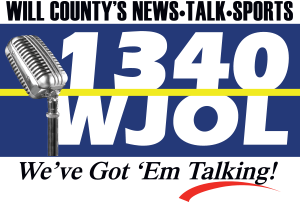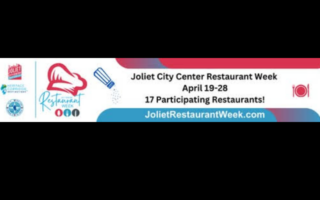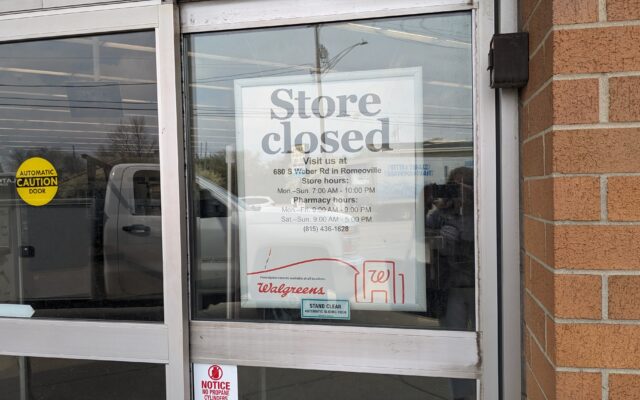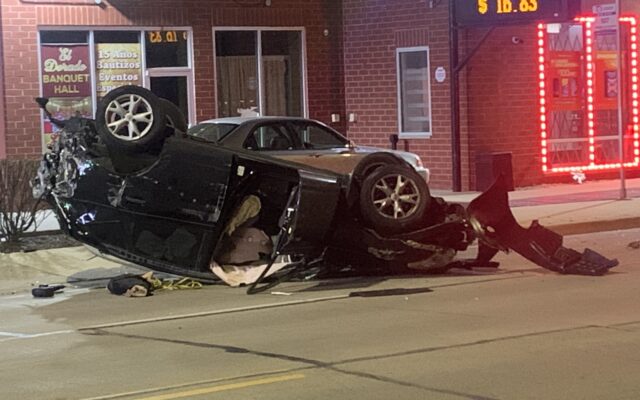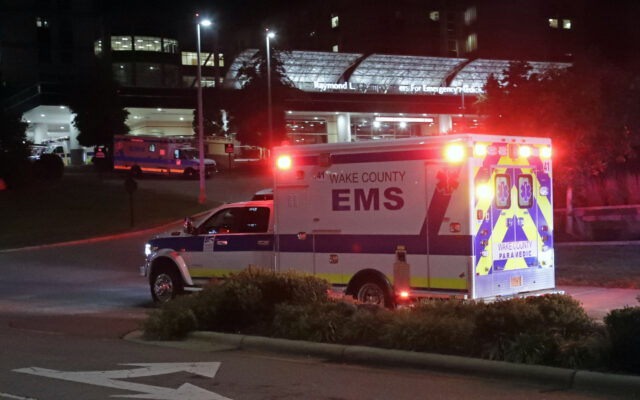Gov. Pritzker Announces All Regions Have Met Health Metrics to Move to Phase 4 on June 26

State Expands Testing with New Mobile Testing Teams, Launches County Level Risk Assessment Tool Ahead of Phase 4
Gov. Encourages Illinoisans to Continue Wearing Face Coverings in Public
Governor JB Pritzker announcing that every region of the state meets the health benchmarks to advance into Phase 4 of the Restore Illinois plan. Ahead of the transition tomorrow, Gov. Pritzker announced several new efforts to build on the state’s robust response to COVID-19 and help keep Illinoisans safe.
“We’ve seen what’s happened in other states that have allowed politics or short-term thinking to drive decision-making. Many other states are now seeing significant increases in cases, hospitalizations, and intensive care bed usage and they’re being forced to move backward and stay at home – that’s not the story in Illinois,” said Governor JB Pritzker. “Here, we have been gradually restoring business and leisure activities in a highly deliberate manner, guided by doctors’ advice. Illinoisans are following the mitigations that we can each do ourselves, like wearing face coverings, keeping 6 feet distance between us, and washing our hands frequently. It’s because of the people of Illinois that we’re seeing a trajectory of relative success where other parts of the country are not.”
PHASE 4 METRICS
All four Restore Illinois health regions have met the IDPH health benchmarks to advance into Phase 4. Metrics include reductions of positivity rate and hospital admissions and availability of hospital surge capacity.
On a statewide level, Illinois flattened the curve, passed the peak and saw a sustained decline in key metrics since the coronavirus pandemic began. Looking at 7-day rolling averages – which smooth out daily fluctuations and allow trends to emerge – Illinois is seeing marked declines in cases, deaths, case positivity and covid-related hospitalizations.
TESTING & CONTACT TRACING
As all four regions of the state move into Phase 4 of the Restore Illinois plan on June 26, the state has built up its daily testing capabilities, surpassing 30,000 tests in a 24 hour period for the first time today.
Illinois is continuing to build on this progress, launching 12 mobile community testing teams. The testing teams will move throughout the state to mitigate and suppress emerging outbreaks, including places like meatpacking plants, nursing homes, or other traceable gatherings.
The mobile teams will operate in partnership with a network of commercial labs that the state has contracted with which will allow test results to be quickly delivered.
The state also continues to build up its statewide contact tracing capacities, increasing the ranks of contact tracers by 20% since June 1 for a total of over 550 active contact tracers across the state. 250 new tracers will join their ranks in the coming weeks as Illinois continues to scale up operations, including using new technology to multiply the state’s effectiveness in its contact tracing efforts.
In addition, all of Illinois’ 97 local health departments have applied for funding support totaling $230 million to increase contact tracing. Those funds will be disbursed in the next few weeks.
Community based organizations will have the opportunity next month to obtain funding through the Illinois Department of Public Health (IDPH) to collaborate on contact tracing efforts alongside their local public health departments.
COUNTY LEVEL RISK METRICS
The state is also launching a new county level risk assessment tool which will help individuals, families and community groups inform their choices about personal and family gatherings, as well as what activities they choose to do.
The county-level indicators are similar to the Restore Illinois criteria and support the state’s framework. By applying the same metrics to each county, IDPH is using a standardized approach to monitor the state as a whole. Each county will be assessed to determine whether it is meeting or exceeding each indicator target. Using a color-coded system, counties will be able to determine whether they are meeting or not meeting set targets.
The Illinois Department of Public Health (IDPH) is monitoring several indicators that measure the health burden of COVID-19 in each Illinois county and capture a county’s ability to respond.
These metrics are intended to be used for local level awareness of each county’s progress during Phase 4 and will help local leaders, businesses, local health departments, and the public make informed decisions and promote healthy behaviors.
To view the online county risk assessment tool, visit here.
The state continues to urge all residents to follow the mitigations that we know will stop or slow down the spread of COVID-19; maintaining 6 feet of physical distance, hand washing regularly, and, wearing a face covering.
To view the guidelines for all industries reopening in Phase 4, visit here.
